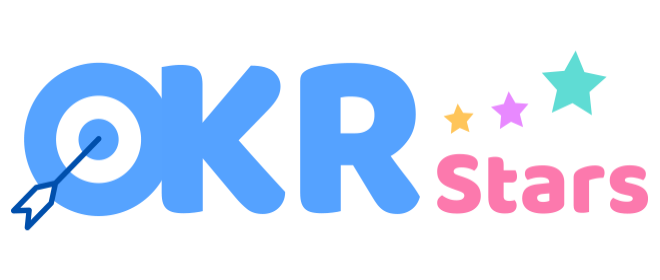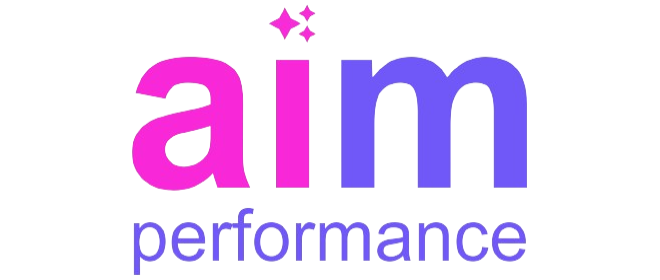In today’s dynamic work environment, employee morale is more critical than ever. Whether you’re managing white collar, grey collar, or blue collar workforces, maintaining high morale is essential for productivity, retention, and overall workplace harmony. Performance management, when done effectively, can be a powerful tool to boost morale across all sectors of the workforce. In this blog post, we’ll explore how performance management can increase employee morale for white collar, grey collar, and blue collar workforce.
Understanding the Role of Performance Management in Employee Morale
Performance management is more than just annual reviews and setting goals; it’s about creating a continuous dialogue between employees and management. This process fosters an environment where employees feel valued and understood, which is a crucial aspect of morale. When employees understand their roles and see how their work contributes to the organization’s goals, they are more likely to feel motivated and engaged.
For white collar workforce, performance management often involves setting clear objectives and providing feedback on complex tasks. For grey collar workforce, who may be in roles that blend manual and intellectual work, performance management can help in identifying their unique contributions. Blue collar workforce, on the other hand, benefit from performance management through recognition of their hands-on skills and accomplishments.
Creating Clear Expectations and Goals
One of the most significant ways performance management helps increase employee morale is by setting clear expectations and goals. Employees who know what is expected of them are more confident in their roles, which leads to higher morale. This is true across all workforce categories.
For white collar workforce, clear goals can mean the difference between feeling overwhelmed and feeling empowered. Grey collar workforce often work in roles that require both technical skills and creativity, so having well-defined objectives helps them balance these demands. Blue collar workforce, who are typically involved in physical tasks, benefit greatly from understanding their targets and knowing how their efforts contribute to the larger picture.
Providing Regular Feedback and Recognition
Regular feedback is a cornerstone of effective performance management and a critical factor in boosting employee morale. Employees need to know how they are performing and where they can improve. However, feedback should not only focus on areas for improvement but also recognize accomplishments.
White collar workforce, who often work on long-term projects, need consistent feedback to stay aligned with organizational goals. Grey collar workforce, who might be managing both physical and mental tasks, require feedback that acknowledges their unique challenges and successes. For blue collar workforce, regular recognition of their hard work can significantly boost morale, as they often operate in physically demanding environments where their efforts might go unnoticed.
Offering Opportunities for Growth and Development
Performance management should include opportunities for growth and development, which is a significant employee morale booster. Employees who see a clear path for advancement within the organization are more likely to be motivated and engaged, leading to higher employee morale.
White collar workforce often seek opportunities for professional development, such as leadership training or advanced certifications. Grey collar workforce might benefit from cross-training that allows them to develop new skills relevant to both their intellectual and manual responsibilities. Blue collar workforce, may appreciate opportunities for skills enhancement, such as training in new technologies or techniques that can make their work more efficient and less physically taxing.
Fostering a Culture of Open Communication
A culture of open communication is vital for increasing employee morale, and performance management plays a key role in fostering this environment. When employees feel they can voice their concerns and ideas without fear of retribution, their morale improves.
For white collar workforce, who may work in more hierarchical environments, open communication can lead to innovative ideas and improved processes. Grey collar workforce, who often balance multiple types of tasks, benefit from clear and open communication channels that allow them to discuss both their intellectual and manual challenges. Blue collar workforce, who may not always have direct access to management, appreciate when performance management includes avenues for them to share their thoughts and feedback.
Building Trust and Transparency
Trust and transparency are crucial for employee morale, and performance management is a powerful tool for building both. When the performance management process is transparent, employees trust that evaluations are fair and unbiased.
White collar workforce, who often work in roles that require high levels of responsibility, need to trust that their performance evaluations are conducted with integrity. Grey collar workforce, who may juggle both physical and intellectual tasks, benefit from transparency in understanding how their diverse contributions are assessed. Blue collar workforce, who might feel disconnected from the decision-making process, find morale boosts when they trust that their hard work is recognized and rewarded fairly.
Aligning Personal and Organizational Goals
Performance management helps in aligning personal and organizational goals, which is a significant factor in increasing employee morale. When employees see how their personal objectives align with the company’s goals, they feel more connected to the organization.
White collar workforce, who are often involved in strategic decision-making, benefit from seeing how their work directly contributes to the company’s success. Grey collar employees, whose roles may require them to bridge the gap between manual and intellectual tasks, find motivation in understanding how their work supports broader organizational objectives. Blue collar workforce who are essential to the day-to-day operations, gain a sense of pride and purpose when they see how their efforts drive the company forward.
Encouraging a Healthy Work-Life Balance
Performance management should also focus on promoting a healthy work-life balance, which is essential for maintaining high employee morale. Employees who feel overworked and stressed are less likely to be motivated and productive, leading to decreased employee morale.
White collar workforce, who may face the pressures of tight deadlines and complex projects, benefit from performance management practices that encourage them to take breaks and maintain a healthy work-life balance. Grey collar workforce, who might juggle multiple responsibilities, need performance management that acknowledges their efforts and encourages them to find time for rest and recuperation. Blue collar workforce, whose roles can be physically demanding, appreciate performance management strategies that promote adequate rest and time off.
Supporting Mental and Emotional Well-being
Finally, performance management should address the mental and emotional well-being of employees, which is crucial for increasing employee morale. When employees feel supported emotionally, they are more likely to be engaged and committed to their work, leading to higher employee morale.
White collar workforce, who may deal with high-stress situations, need performance management that includes support for mental health and well-being. Grey collar workforce, who navigate both physical and mental challenges, benefit from knowing that their well-being is a priority for the organization. Blue collar workforce, who might face physically strenuous tasks, need performance management that acknowledges the importance of mental health in maintaining overall morale.
Conclusion: Enhancing Employee Morale Through Performance Management
In conclusion, performance management is a powerful tool that can significantly increase employee morale across white collar, grey collar, and blue collar workforces. By setting clear expectations, providing regular feedback, and offering opportunities for growth, organizations can create an environment where employees feel valued and motivated. Furthermore, fostering open communication, building trust, and supporting mental and emotional well-being are essential components of a performance management strategy that enhances morale. When employees see that their efforts are recognized and aligned with the organization’s goals, they are more likely to be engaged, productive, and committed to their roles. Ultimately, a well-implemented performance management system benefits not just the employees but the entire organization.











